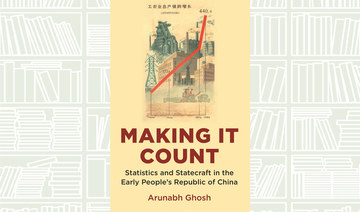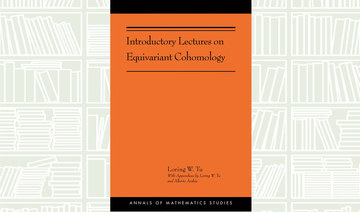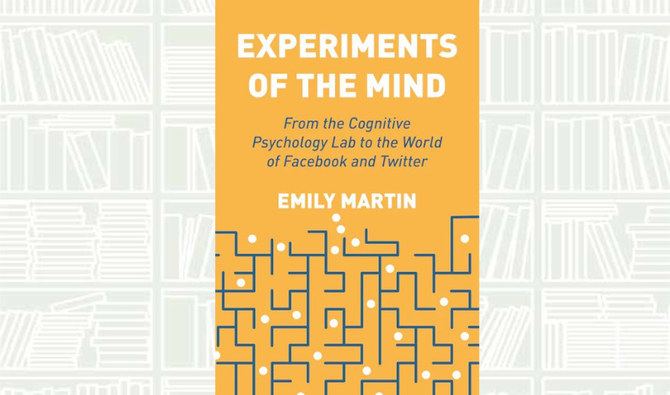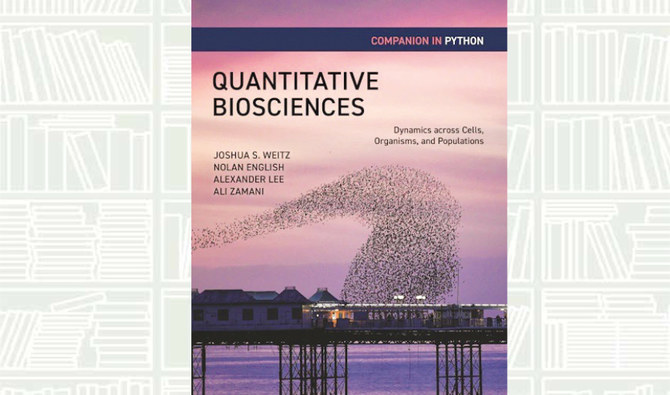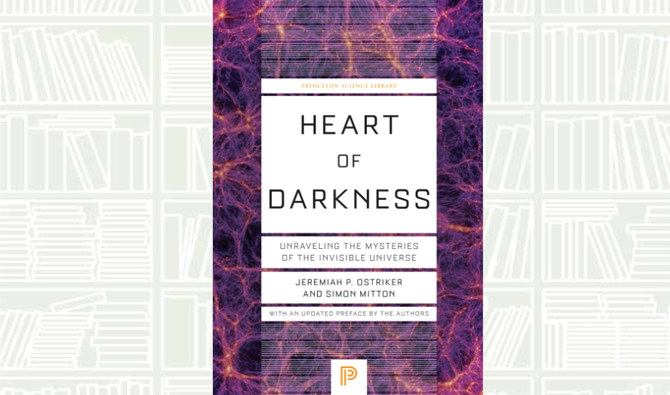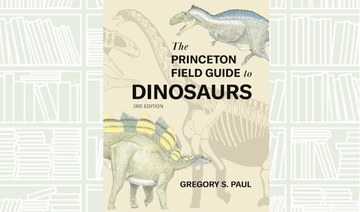The term “biography” seems insufficiently capacious to describe the singular achievement of Joseph Frank’s five-volume study of the life of the great Russian novelist Fyodor Dostoevsky. One critic, writing upon the publication of the final volume, casually tagged the series as the ultimate work on Dostoevsky “in any language, and quite possibly forever.”
Frank himself had not originally intended to undertake such a massive work. The endeavor began in the early 1960s as an exploration of Dostoevsky’s fiction, but it later became apparent to Frank that a deeper appreciation of the fiction would require a more ambitious engagement with the writer’s life, directly caught up as Dostoevsky was with the cultural and political movements of mid- and late-19th-century Russia. Already in his forties, Frank undertook to learn Russian and embarked on what would become a five-volume work comprising more than 2,500 pages. The result is an intellectual history of 19th-century Russia, with Dostoevsky’s mind as a refracting prism.
The volumes have won numerous prizes, among them the National Book Critics Circle Award for Biography, the Christian Gauss Award of Phi Beta Kappa, the Los Angeles Times Book Prize, and the James Russell Lowell Prize of the Modern Language Association.




